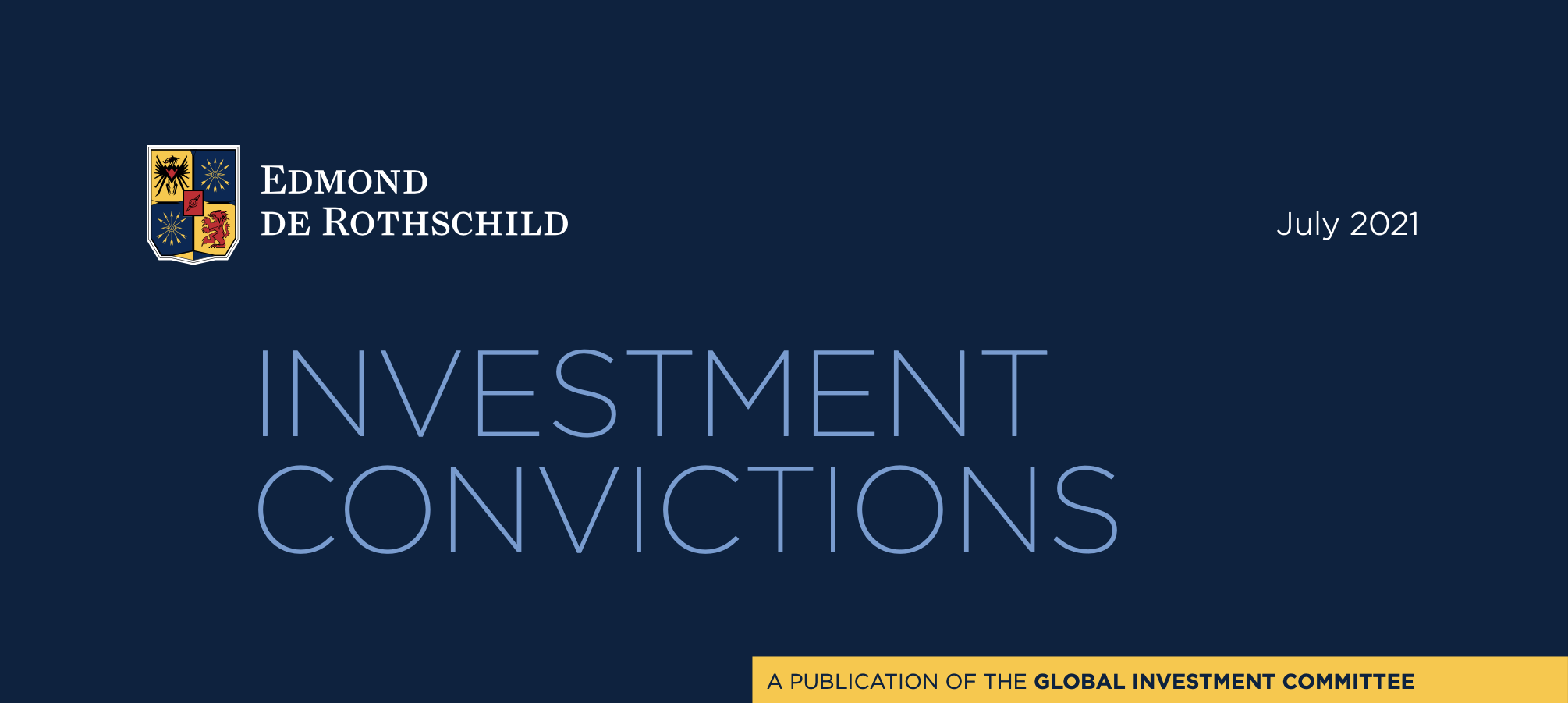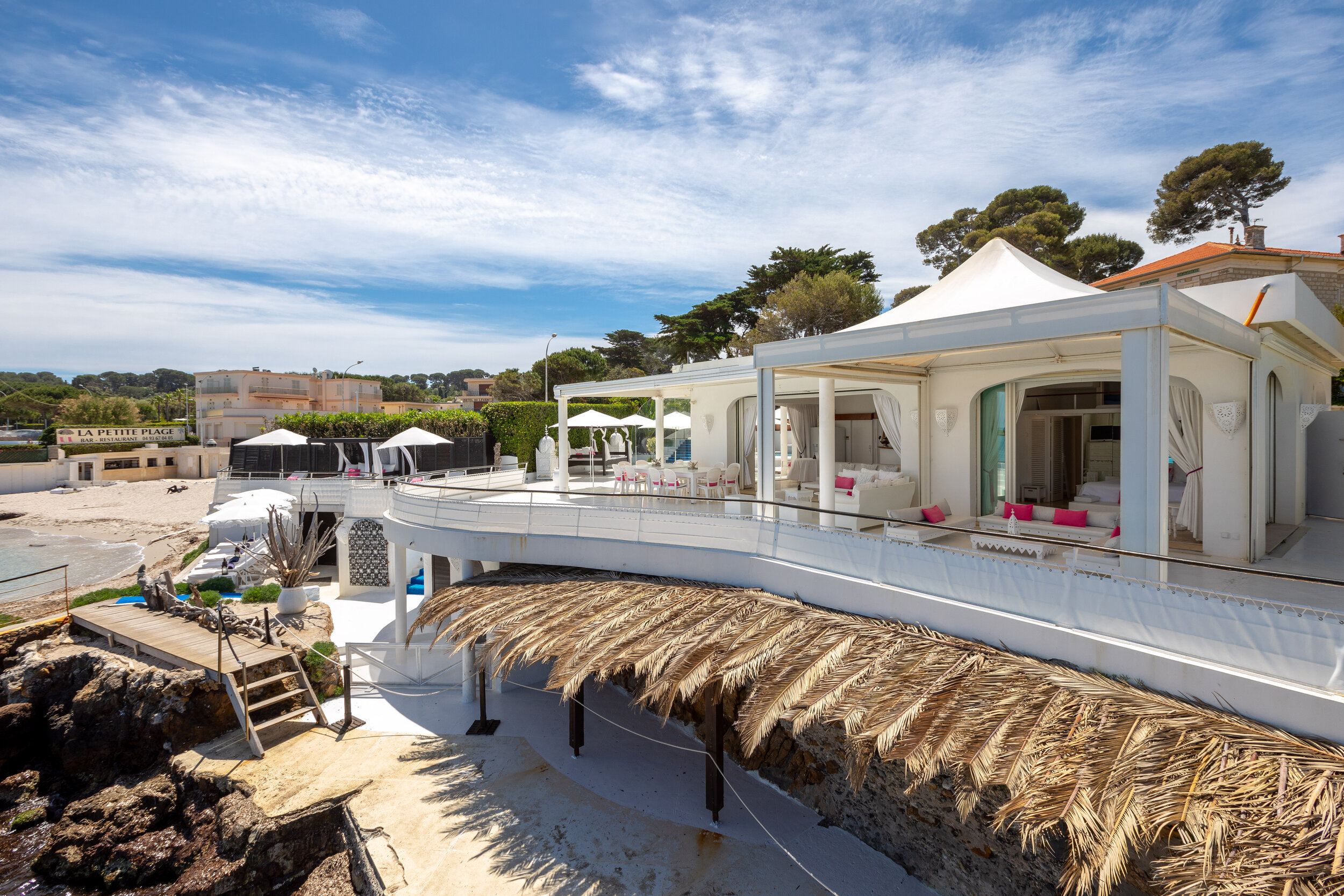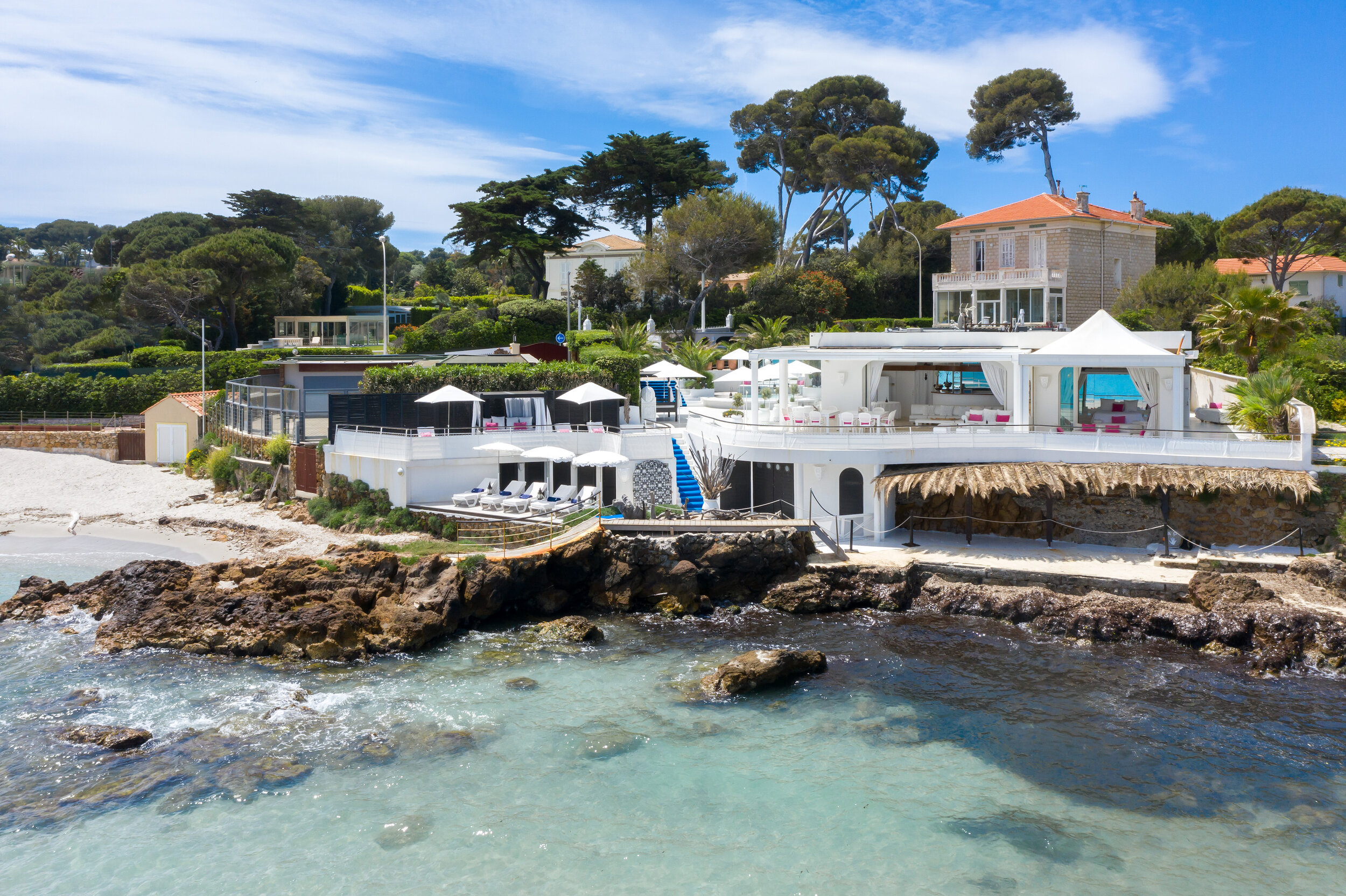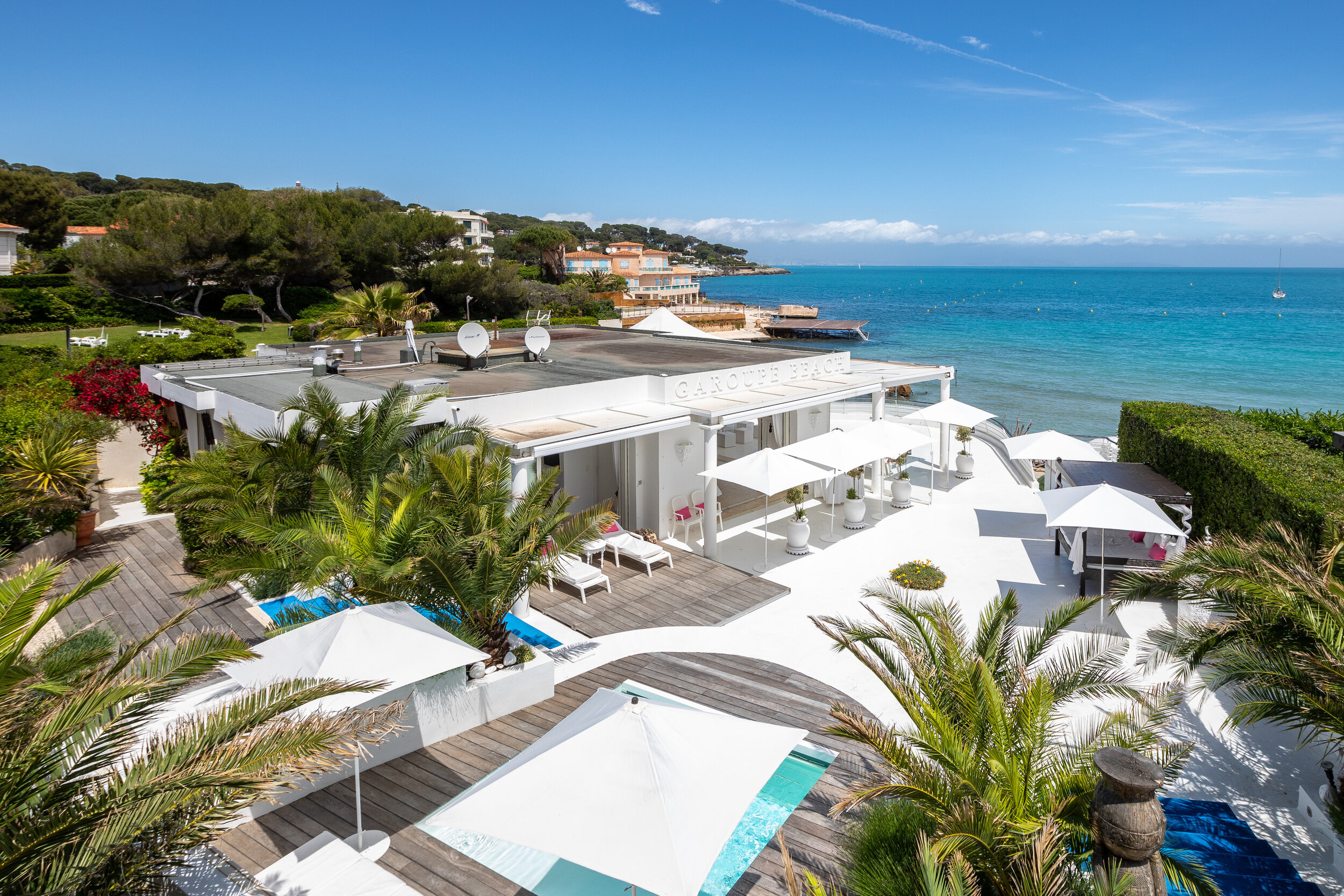Income tax return time in France 2021
By Rob Kay, Senior Partner, Blevins Franks
For those of you who were a resident of France in 2020, it is now time for the annual tax return for income and gains made during the calendar year 2020.
For those who arrived in France from the UK during last year, you will, in theory, be declaring your income and gains from your date of arrival in France until 31st December 2020.
You are taxed as a ‘household in France, so a married couple is taxed together, for instance.
In France, income tax declarations generally need to be submitted around the end of May/beginning of June, with the dates varying slightly each year. The online portal for 2021 opened on 8th April and the submission dates have been published.
Deadlines dates for online and paper declarations
Everyone should now file their income tax return online, on the government portal www.impots.gouv.fr, unless you have a genuine reason for not being able to do so.
The dates for online declarations vary according to which department you live in:
01-19
Midnight Wednesday 26 May
20-54
Midnight Tuesday 1 June
55-976
Midnight Tuesday 8 June
Non-residents
Midnight Wednesday 26 May
IIf you have no internet connection or struggle with online forms due to age or a disability, you can submit a paper return. Paper returns can be obtained from your local tax office or downloaded from the ‘impôts’ website, once available.
Moreover, for those of you who are submitting your first return, you may not have received the necessary codes to be able to set up your ‘personal space’ on the tax portal. You can go on the website www.impots.gouv.fr and on the ‘espace particulier’ page to get your login code and your tax number if you don’t have one. You can also contact your relevant ‘service des impots’ to obtain your tax number. If you cannot make on online declaration, your first return will have to be in paper form.
The deadline for paper returns is earlier than online returns, on Thursday 20th May (for both residents and non-residents). It is the date of the postmark on the envelope which is used to verify whether you have submitted on time! If you submitted an online return last year, you will no longer receive a paper one in the post.
The big difference this year is that a large number of taxpayers will not have to complete a declaration at all, unless their situation has changed since last year.
However, normally only those who only receive French salaries or pensions are exempted from completing a return. Anyone with income from abroad will almost certainly have to continue to file every year.
Income tax rates
Income tax is payable on earnings, pensions and rental income, and you are taxed as a household rather than an individual – the parts familiales system, which can prove beneficial.
Taxes are declared in arrears, so your 2021 return needs to report the income you earned last year. The tax rates for 2020 income are:
Up to €10,084 – 0%
€10,085 to €25,710 – 11%
€25,711to €73,516 – 30%
€72,517 to €158,122 – 41%
Over €158,122 – 45%
There is an additional 3% for a single person where income is between €250,000 and €500,000 per part (nothing is due from a family) and 4% for income exceeding €500,000 per part for an individual, reduced to 3% for a family (up to a limit).
Various deductions are available, so make sure you are using all the ones you are entitled to.
Tax on investment income – the Prélèvement Forfaitaire Unique (PFU)
Investment income, such as interest, dividends, capital gains and gains from life insurance policies/non-French assurance-vie, is currently taxed at a fixed rate of 30% rather than the scale rates of income tax. This includes both tax and social charges, so it is beneficial for those with higher investment income.
Households in low-income brackets can opt for the progressive income tax rates (plus social charges) so they are not taxed more under this system.
Unless you are a low-income household, you need to declare interest or dividends received from abroad within 15 days of the month end and pay the 30% tax. This is then offset against the tax due on your tax return.
What you need to declare
French tax residents are liable to French income tax on their worldwide income and gains, so you need to declare all income you earn in the UK and anywhere else outside France, whether it is pension, rental or investment income.
You will not, however, pay tax twice on income that is taxable in the UK. Under the terms of the France-UK double taxation treaty, UK government service pension and rental income are only taxable in the UK. However this does not mean that you do not declare it in France – you must include it on your French tax return. You will then receive a credit equal to the French income tax and social charges.
Real estate gains are liable to tax in both countries, but you receive a credit in France for UK tax paid. Gains made on the disposal of capital investments are generally taxed in the country where the seller is resident.
Remember that if you are resident in France you are also obliged to declare all your foreign bank accounts and non-French life insurance policies, even if you do not earn an income and/or they are dormant. This is done when you submit your annual tax return, using a separate form. The penalties for failing to declare accounts were increased in 2018, so don’t forget about any old accounts.
Non-residents of France need to submit a tax return listing all income earned in France (eg, rental income).
Social charges
Social charges are paid on top of income tax, and for 2020 income generally range from 9.1% to 17.2% depending on the type of income.
They are usually calculated based on the income declared in your income tax return and the authorities will send notification of the amount payable in the autumn, along with your income tax assessment.
Exchange rate
When converting your regular Sterling 2020 income (such as pensions for instance) to Euros for your tax return, you can use the rate from the Banque de France, which is £1 = €1.125.
This article is a brief summary covering the basic elements of income tax in France. It is important to seek personalised, professional advice. For questions about completing your tax return, speak to your local tax accountant.
If you have any general questions about taxation in France and how you may be able to lower your tax liabilities, please do not hesitate to contact Blevins Franks. Our advisers are cross-border tax and wealth management specialists with in-depth knowledge of the French tax regime and the compliant tax planning opportunities available here.
The tax rates, scope and reliefs may change. Any statements concerning taxation are based upon our understanding of current taxation laws and practices which are subject to change. Tax information has been summarised; an individual is advised to seek personalised advice.
Blevins Franks Group is represented in France by the following companies: Blevins Franks Wealth Management Limited (BFWML) and Blevins Franks France SASU (BFF). BFWML is authorised and regulated by the Malta Financial Services Authority, registered number C 92917. Authorised to conduct investment services under the Investment Services Act and authorised to carry out insurance intermediary activities under the Insurance Distribution Act. Where advice is provided outside of Malta via the Insurance Distribution Directive or the Markets in Financial Instruments Directive II, the applicable regulatory system differs in some respects from that of Malta. BFWML also provides taxation advice; its tax advisers are fully qualified tax specialists. Blevins Franks France SASU (BFF), is registered with ORIAS, registered number 07 027 475, and authorised as ‘Conseil en Investissements Financiers’ and ‘Courtiers d’Assurance’ Category B (register can be consulted on www.orias.fr). Member of ANACOFI-CIF. BFF’s registered office: 1 rue Pablo Neruda, 33140 Villenave d’Ornon – RCS BX 498 800 465 APE 6622Z. Garantie Financière et Assurance de Responsabilité Civile Professionnelle conformes aux articles L 541-3 du Code Monétaire et Financier and L512-6 and 512-7 du Code des Assurances (assureur MMA). This promotion has been approved and issued by BFWML.
You can find other financial advisory articles by visiting our website here




































































